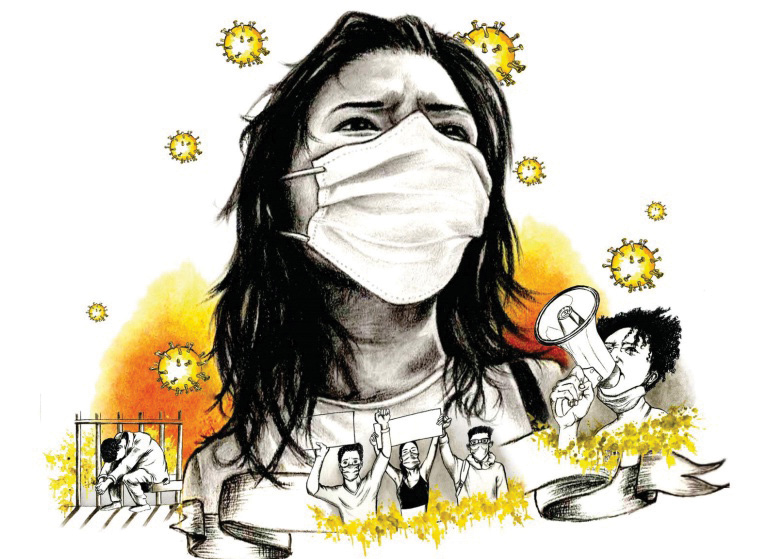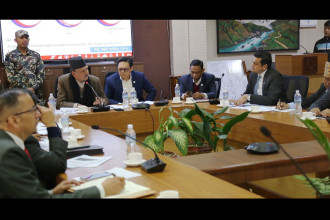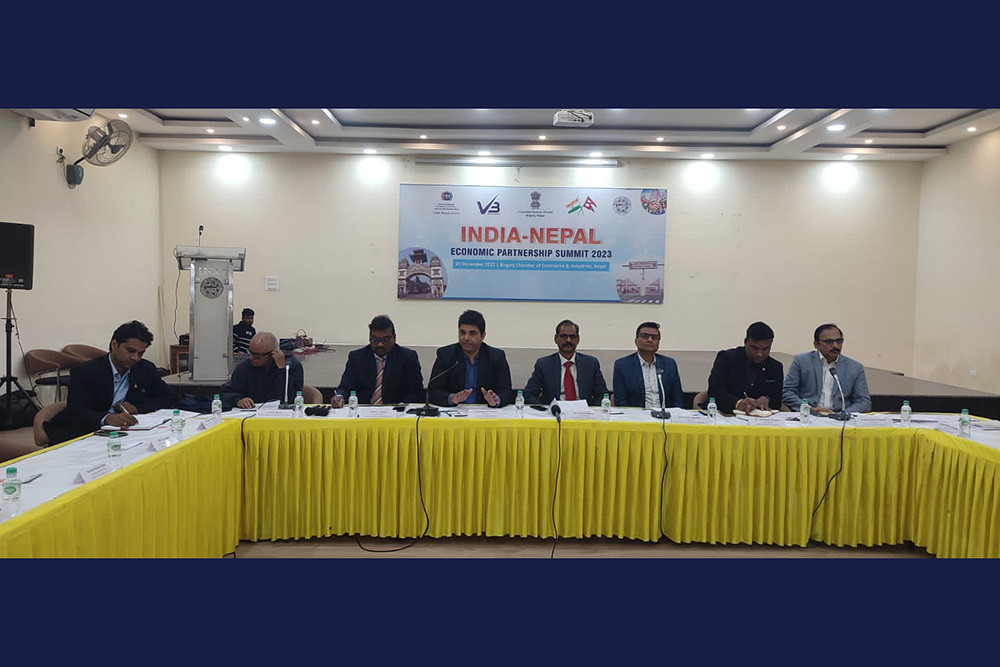
Governments who were lauded for releasing prisoners in response to Covid 19 outbreaks have excluded human rights defenders from the measures and continue to make new arrests of activists, journalists and critics, Amnesty International said on August 6 via a press statement.
In the new briefing, “Daring to Stand up for Human Rights in a Pandemic”, which documents attacks on human rights defenders during the pandemic, the organisation highlights the hypocrisy of governments including Egypt, India, Iran and Turkey, who have left prisoners of conscience to languish in appalling conditions despite widely publicized prisoner release programmes.
“Covid 19 has been an added punishment for human rights defenders who are unjustly imprisoned, and has also been used as a pretext for further harassment, prosecution and even killings,” said Lisa Maracani, Amnesty International’s Researcher on Human Rights Defenders.
“The exclusion of human rights defenders from release measures underscores the political nature of their imprisonment. In Turkey for example, journalists, lawyers, activists and opposition politicians held in pre-trial detention on baseless charges remain behind bars despite government measures that have seen over 100,000 people released since April. It is plain to see that the Turkish government still fears criticism more than the pandemic.”
The new briefing documents attacks on human rights defenders during the Covid 19 period in 46 countries, and shows how “fake news” laws, movement restrictions, reduced police protection and heightened intolerance to criticism have led to new crackdowns around the world, including against whistle-blowers in the health sector and those highlighting inadequate responses to the pandemic.
Amnesty International has identified 131 people who speak up for human rights globally who have been harassed, prosecuted, killed or imprisoned on Covid 19 related pretexts – this figure is likely to be the tip of the iceberg.
“Instead of making space for human rights defenders to support their efforts to address the pandemic and prepare for a just recovery, states are taking counterproductive measures to silence perceived opponents,” said Maracani.
On 25 March, the UN High Commissioner for Human Rights urged all states to release “every person detained without sufficient legal basis, including political prisoners, and those detained for critical, dissenting views” in response to the pandemic. However, several countries excluded human rights defenders from decongestion measures in prisons and other places of detention.
In India, for example, many students and activists who had participated in peaceful protests against India’s discriminatory citizenship law continue to be unjustly detained. In Egypt, the government failed to release human rights defenders detained solely for expressing their views, as well as thousands of other pre-trial detainees, many of whom are facing overly vague “terrorism”- related charges amid concerns over breaches of due process. In Turkey, decongestion measures have explicitly excluded those who are held in pre-trial detention, and those who are on remand for or have been convicted of offences under Turkey’s overly broad anti-terrorism laws. They include political and human rights activists, journalists, academics, and others who have spoken out against the government. In Iran, authorities announced that they had temporarily released 85,000 prisoners but many human rights defenders continue to be held on politically motivated charges in appalling conditions.
In other countries where prisons are already severely overcrowded, governments have continued to arrest human rights defenders on trumped-up charges, exacerbating the problem and putting more people at risk. “With the COVID-19 crisis past its peak in much of Europe, it is vital that the international community does not turn away from the dire situations in countries where infection rates are growing,” said Maracani. “International cooperation must also include pressuring governments to release people who are in prison simply for peacefully exercising their human rights, and who are now at serious risk of contracting Covid 19.”
Amnesty International also warned that many human rights defenders have been put at risk by lockdowns which restrict their movement, making them sitting targets for those who want to silence their voices.
Published Date: September 16, 2020, 12:00 am
Post Comment
E-Magazine

Click Here To Read Full Issue
RELATED B360 National




